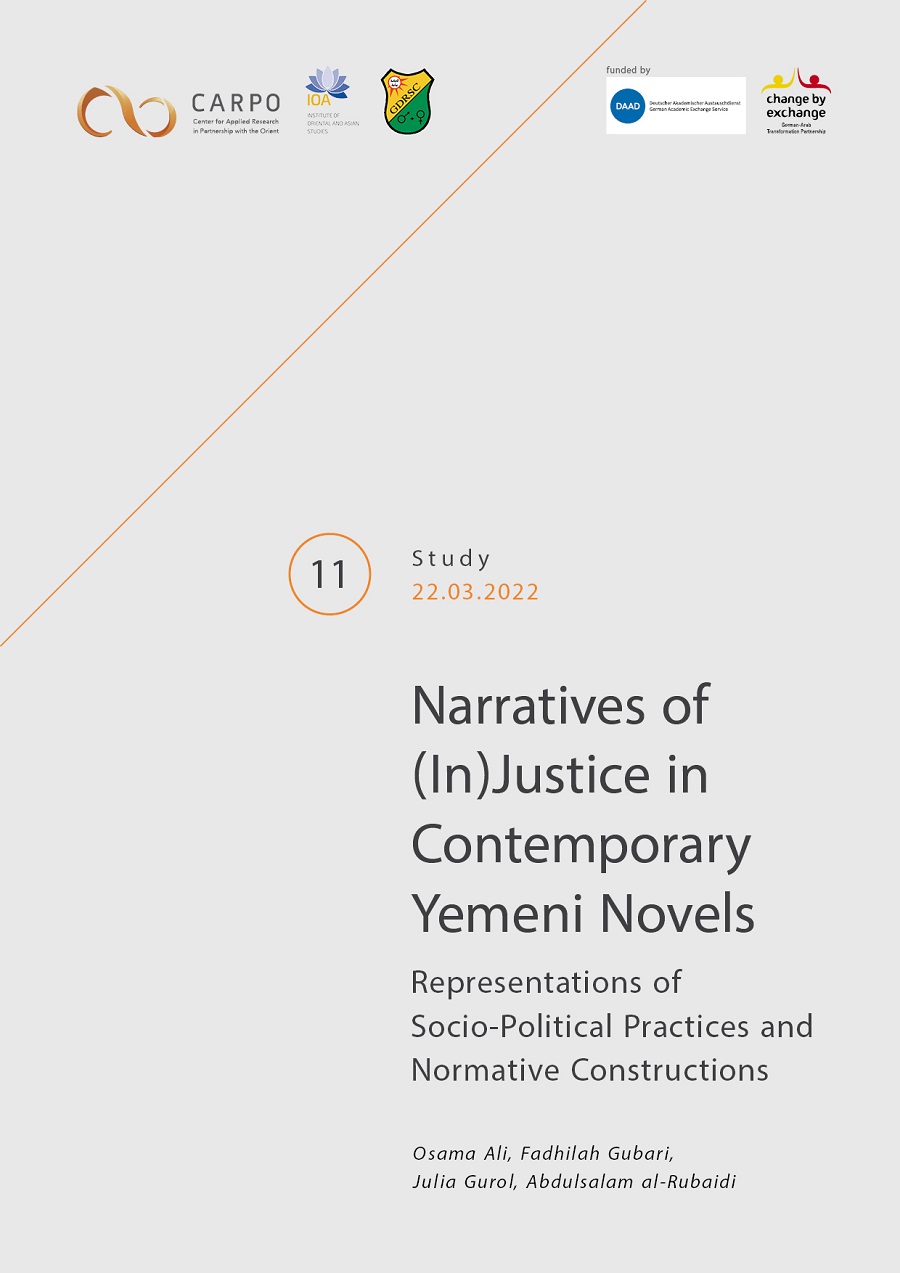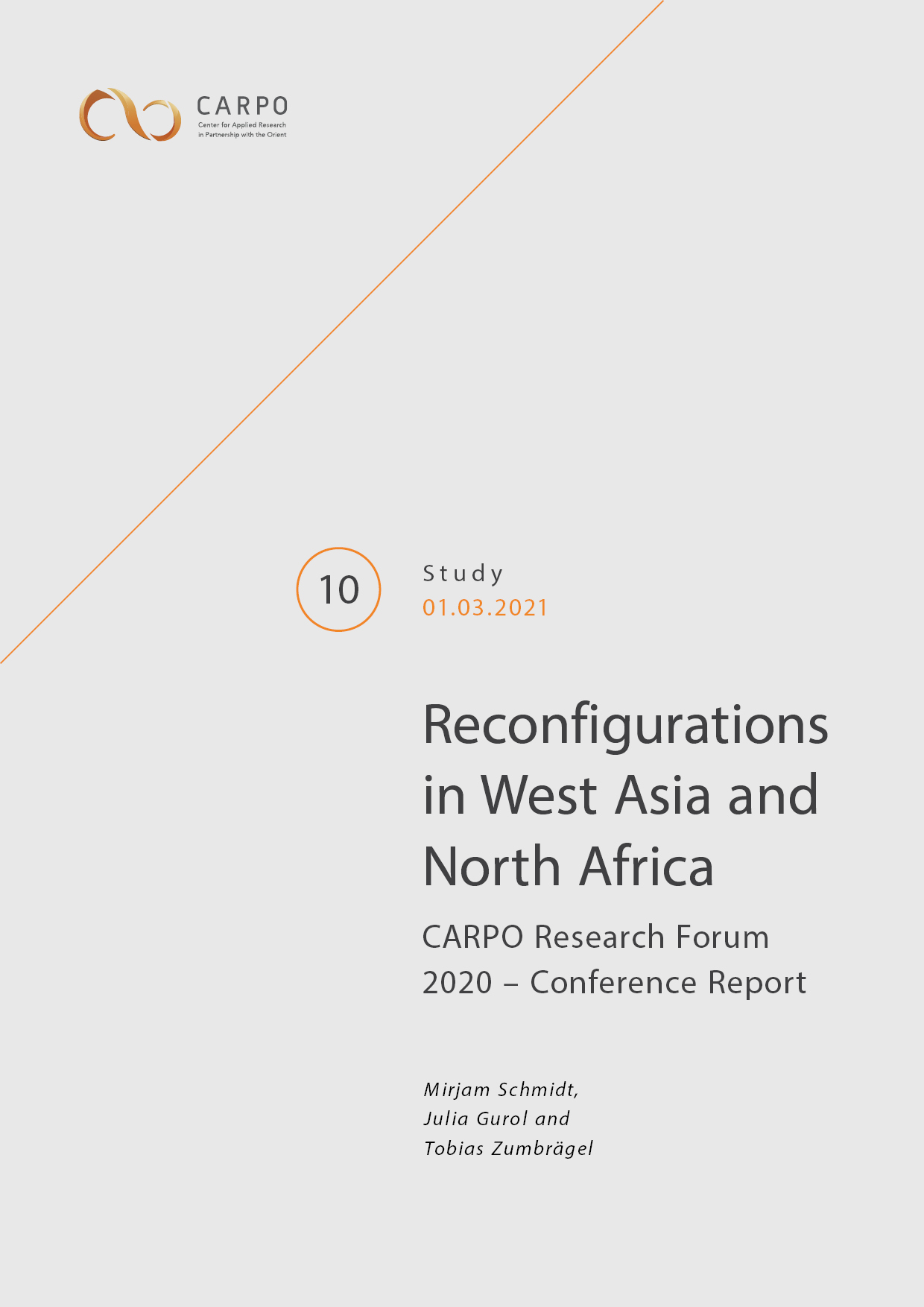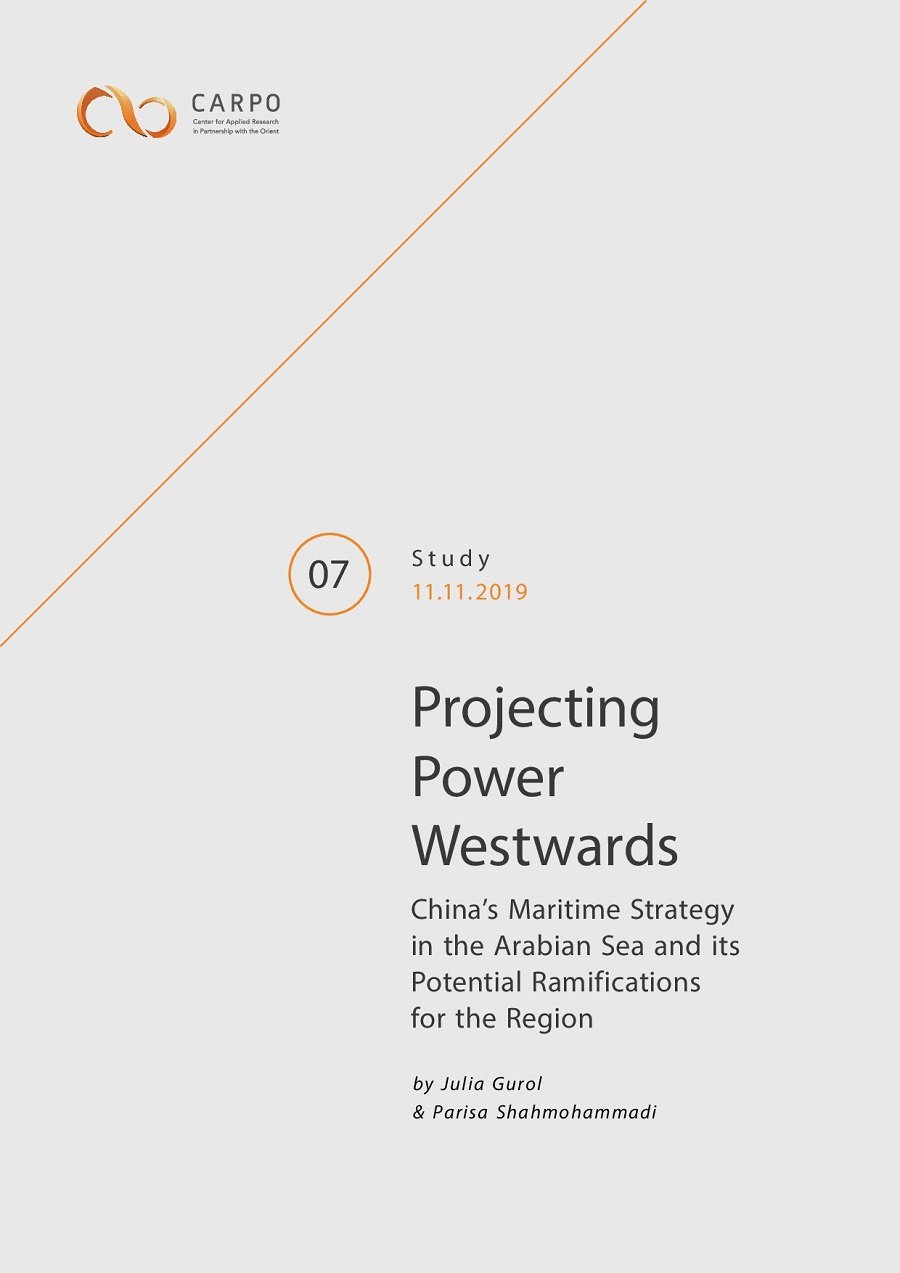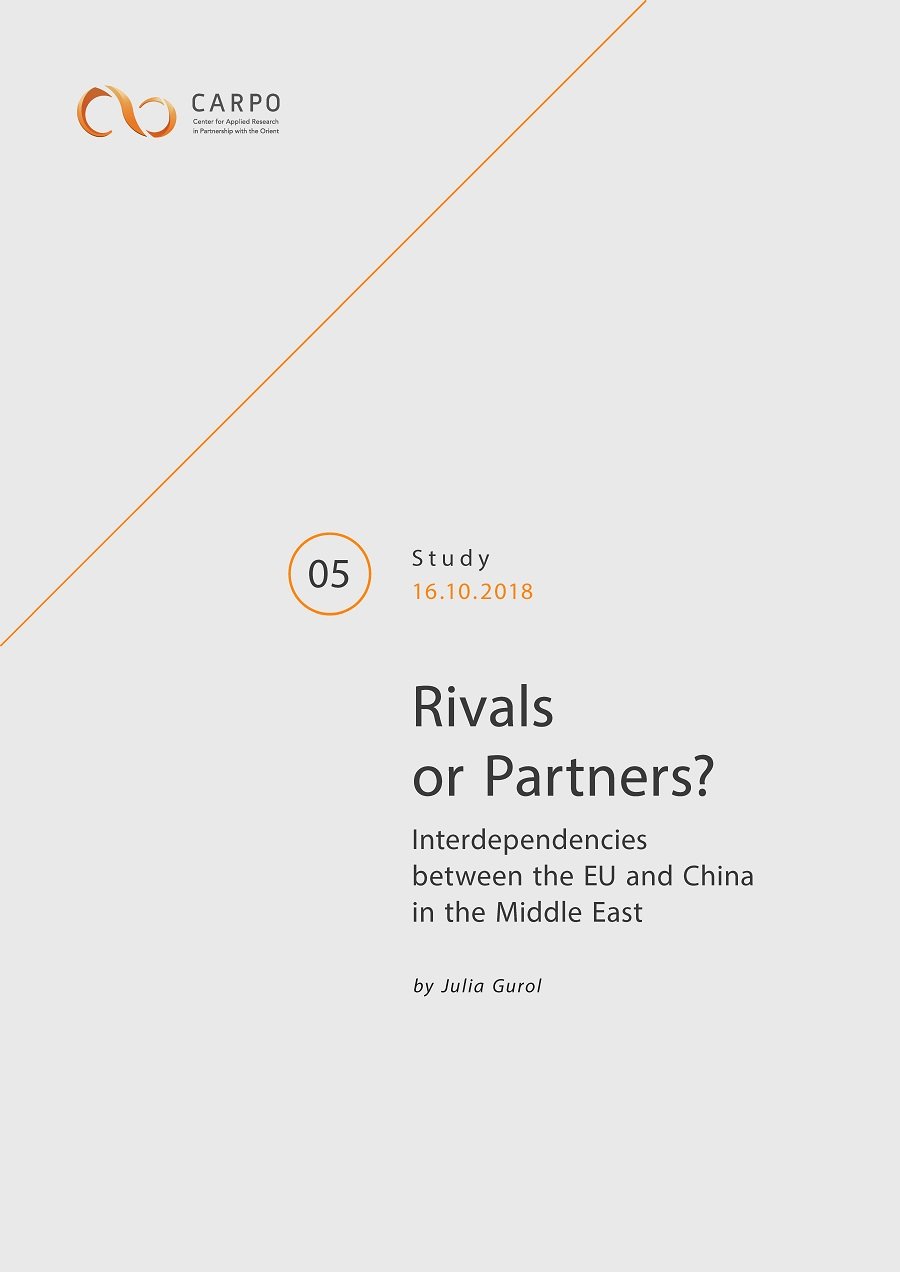
Narratives of (In)Justice in Contemporary Yemeni Novels
by Osama Ali, Fadhilah Gubari, Julia Gurol and Abdulsalam al-Rubaidi
This Study analyzes narratives of (in)justice in contemporary Yemeni novels. Through a lexical field analysis of nine selected contemporary novels, the paper highlights how (in)justice is framed in narrative literature, both in terms of representations of certain socio-political practices and in terms of normative constructions and the creation of a normative order. It argues that novels represent and discuss the complexities of Yemeni realities, where daily practices and experiences of individuals are entangled with philosophical questions about the meaning of life. It discusses the nexus between the framing of (in)justice and post-conflict reconciliation and provides an original insight into the understanding and constructions of justice and injustice offered to society by Yemeni novelists.
Abdulsalam al-Rubaidi, Allgemein, CARPO Studies, Fadhilah Gubari, Julia Gurol, Osama Ali, Teaching and Advising on Post-conflict Reconstruction

![China’s Strategy in the Persian Gulf. A Balancing Act between Riyadh and Tehran [in German]](https://carpo-bonn.org/wp-content/uploads/2020/04/15_carpo_brief_Cover_900.jpg)


